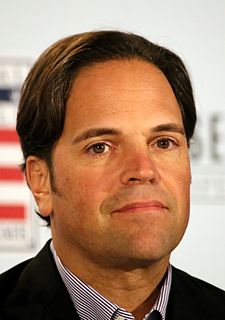A Quote by Georg C. Lichtenberg
Before one blames, one should always find out whether one cannot excuse.
Related Quotes
Before one blames, one should always find out whether one cannot excuse. To discover little faults has been always the particularity of such brains that are a little or not at all above the average. The superior ones keep quiet or say something against the whole and the great minds transform without blaming.
We sit down before the picture in order to have something done to us, not that we may do things with it. The first demand any work of art makes upon us is surrender. Look. Listen. Receive. Get yourself out of the way (there is no good asking first whether the work before you deserves such a surrender, for until you have surrendered you cannot possibly find out.
Ignorance of the law of irreducibility was no excuse. I could no longer excuse myself with the claim that I didn't know the law -- for knowledge of self and of the world is the law that, even though unattainable, cannot be broken, and no one can excuse himself by saying that he doesn't know it. . . . The renewed originality of the sin is this: I have to carry out my unknowing, I shall be sinning originally against life.
The scientist is not responsible for the laws of nature. It is his job to find out how these laws operate. It is the scientist's job to find the ways in which these laws can serve the human will. However, it is not the scientist's job to determine whether a hydrogen bomb should be constructed, whether it should be used, or how it should be used. This responsibility rests with the American people and with their chosen representatives.
Even before September 11, there was a debate in the administration about whether or not military force should be used to oust Saddam Hussein. You're not going to find one person in the top echelons of the foreign policy and national security establishment in the U.S. government who's going to say that Saddam Hussein should not be out of power.
I think the most important challenge that remains is this mentality in Washington that sanctions have been an asset, and some people want to find even an excuse to keep them or an excuse to reintroduce them. I don't know whether they've looked at the record of how sanctions actually produce exactly the opposite of what they wanted to produce.


































